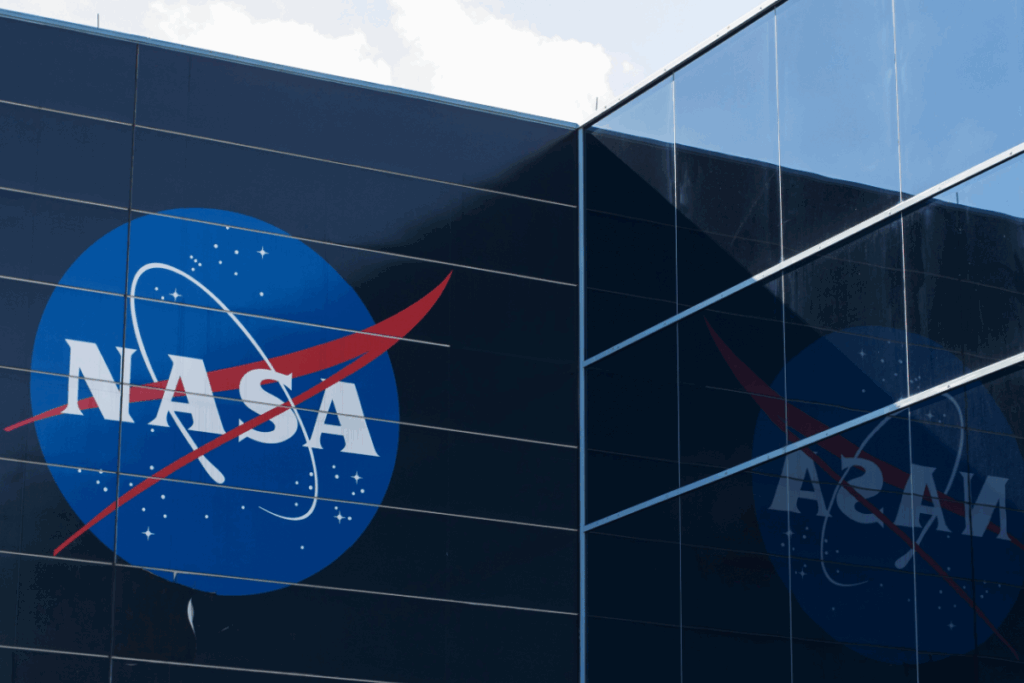Discovery on Mars Sparks Questions
NASA’s Perseverance rover recently detected chemical signatures on an arrow-shaped rock that could point to the existence of ancient microbial life on Mars. While the discovery was not conclusive, it highlighted the urgent need to return samples to Earth for advanced study. Interim NASA Administrator Sean Duffy expressed enthusiasm about the findings but quickly faced questions on the stalled Mars Sample Return program, which has been on hold for nearly two years due to escalating costs.
The Debate Over Returning Samples
The mission to retrieve rock samples collected by Perseverance has faced budget overruns, with estimates ranging from $8 billion to $11 billion. President Trump’s administration has signaled an intent to cancel the plan outright, citing cost concerns. During a press briefing, Duffy avoided direct answers on whether the project will continue, stressing instead that NASA is reviewing timing, budgets, and technology to explore alternative approaches.
Meanwhile, geopolitical competition adds urgency. China has announced plans for its own Mars sample return mission by 2028. When pressed on whether the United States risks falling behind, Duffy insisted NASA would continue to lead but emphasized the need to balance costs, timelines, and returns.
Possible Paths Forward
Although no final decision has been made, three possible strategies are being considered:
- Commercial partnership: NASA could rely on private space companies to deliver payloads to Mars, in a model similar to the agency’s successful cargo and crew programs for the International Space Station.
- Prize incentives: The agency might offer multibillion-dollar prizes to companies capable of successfully returning Mars samples, an approach that requires minimal upfront government funding.
- Human missions: NASA could decide to abandon robotic return plans and instead tie sample retrieval to future crewed missions to Mars within the next decade.
Each option reflects both fiscal constraints and political priorities, with the Trump administration favoring private-sector involvement or direct human exploration.
Future Uncertainty for NASA Science
The Mars Sample Return debate comes at a time of broader turbulence for NASA’s science programs. The White House has proposed cuts to ongoing missions and reduced support for the Perseverance rover itself, despite its groundbreaking discoveries. Lawmakers and agency leaders now face a growing list of difficult decisions about the future of more than two dozen missions, including whether to shut down spacecraft still operating in space.
For now, the future of Mars Sample Return remains uncertain. While discoveries on Mars continue to fuel scientific curiosity, political and budgetary battles in Washington will determine whether those samples ever make their way back to Earth.


